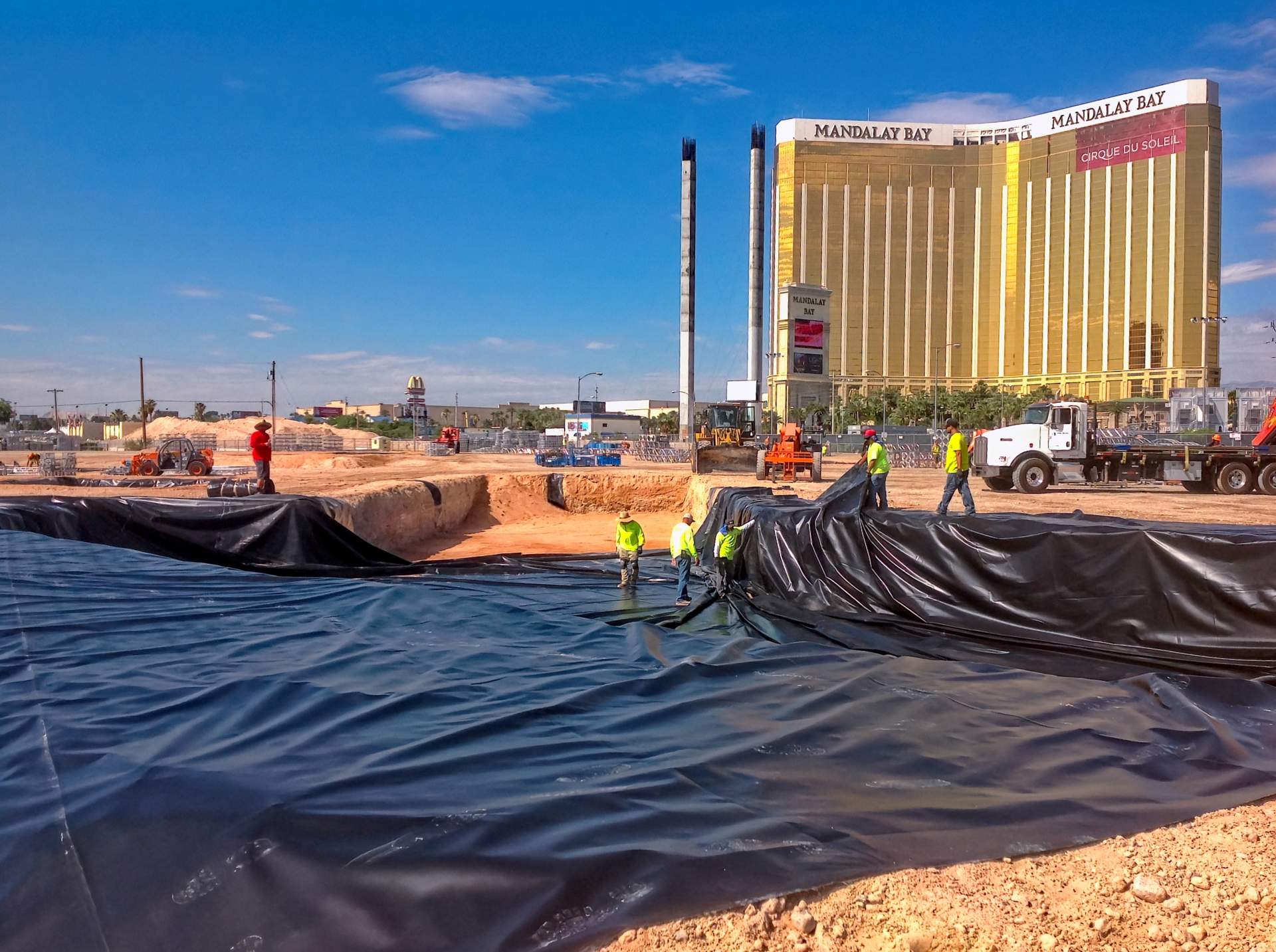Waste products and any critical contaminant are most often toxic to the soil and groundwater, so they must be contained at all costs. Using pit liners is one of the ways to contain most kinds of byproducts and waste.
They can also be used for containing water in energy industries like gas, fracking, and oil. Pit liners can go by many different names depending on where they are applied, and some examples include lagoon liners, oil remediation pads, temporary storage pits, drilling pad liners, waste treatment ponds, and oilfield pits.
When choosing pit liners, it is important to remember to consider what the pit is meant for. The material used for pit liners can vary according to where they will be used. Hence, it is important to buy these products from an experienced and reliable provider that understands the use of pit liners and the impact of various materials in different applications.
To determine the best material, consider the type of liquid the pit liner will hold. If water containment is a prime factor, consider whether the liner will be exposed or buried, its longevity, and the conditions in which it will be exposed to.
Pit liners that are made of reinforced polyethylene are ideal for applications where water will be contained. RPE is a cost-effective and efficient geomembrane liner material that offers unmatched tear and puncture resistance.
To ensure consistency in the composition, RPE is manufactured using only virgin resins. Manufacturers apply LLDPE coating to add UV and abrasion resistance, high impermeability, and excellent welding properties.
Polypropylene and PVC pit liners are highly recommended for containment of low levels of different byproducts and light chemical mixtures. Reinforced polypropylene (RPP) is known to last for more than 20 years with its superb UV and weathering resistance.
The best RPP pit liners come a 15 or 20-year warranty, too. Their high chemical resistance makes them ideal for containment applications that are high-priority, like the ones in waste treatment plants.
PVC is a highly flexible film and it comes in 20, 30, or 40 mil thickness to suit different chemical or waste containment requirements. Seasoned manufacturers can formulate the material with specific properties, such as fish safe and oil resistant formulas.
Knowing which Pit Liner works best for you can depend on many factors. Contacting a 30+ year old liner manufacturer that specializes in pit liners will allow you to know what your best option is.


